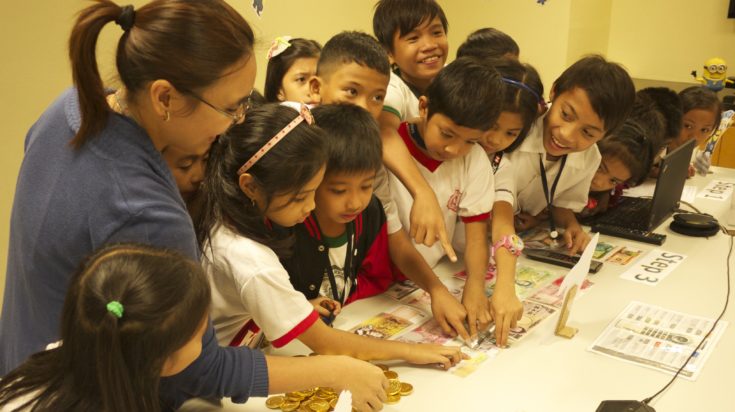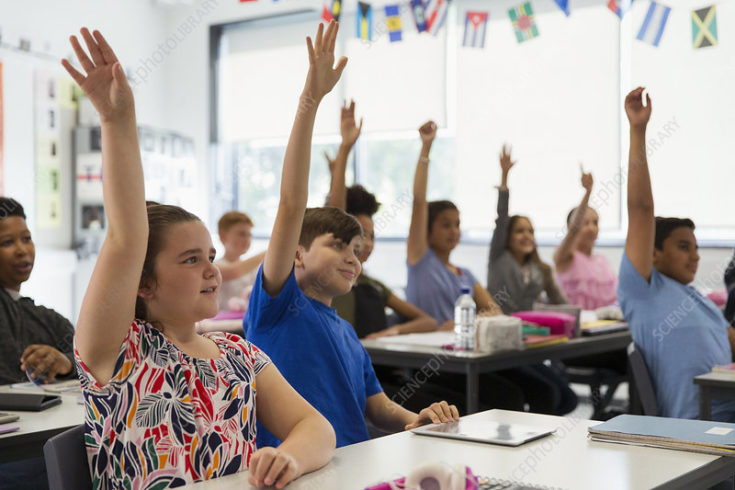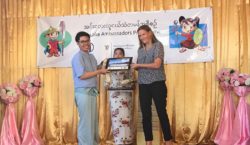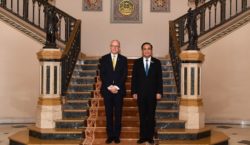
In an opinion piece in The Inquirer, author Inez Ponce De Leon points out how the Philippines can literally take another page from Finland’s proverbial book when it comes to educating Philippine youth.
Our school standards have once again been questioned these last few months. There was “Pinoy Big Brother” and “MaJoHa”; a module that targeted opposition personalities; the twisted history and misunderstandings of science online. Then, there are the troll farms that even our brightest graduates lead, perhaps prompting Twitter user @HotOfftheBoat to propose the idea of “truth farms” to counter the tide of disinformation.
To critique our schools, however, we have to go beyond asking, “What facts are students being given?” and examine the problem of education as a system born of assumptions about the nature of learning.
Take, for instance, the module that ridiculed Vice President Leni Robredo. It supposedly teaches the “Philosophy of the Human Person,” but it was assessed using multiple-choice questions—all for a topic that demands deep thinking, discernment, and discussion. Research shows that for many school subjects, including history and science, multiple-choice exams actually hinder critical thinking: The format provides the illusion that only one answer is true for all time, which then prevents students from engaging the material, asking more questions, and clarifying what certain facts mean in a specific context.
This brings us to the assumption that all we need to do is convey the facts. Facts are important, yes; but if our education is simply tasked to feed students information, then we reduce learning to the absorption of trivia. Instead, we might need strategies to help students see that knowledge is a framework to understand the world, with all fields overlapping and equal.
Our schools have to engender, among others, a love of learning that will last a lifetime, rather than teach to tests that will eventually be forgotten. Students have to appreciate, and early on, that they must meaningfully comment on and engage with current affairs, but only after they have explored and understood legitimate sources that cover the many facets of an issue. They have to value interdisciplinary approaches, be open to new learning, and cross-check so-called facts. They need to recognize that a truly well-educated, well-mannered citizen understands that headlines, quote cards, videos, and memes barely scratch the surface of knowledge.
In Finland, young students are required to interact with each other through 15 minutes of play for every 45 minutes of classroom work. When done alongside the stressful task of studying, interaction makes children associate the idea of school with exploration rather than obligation.
Apart from a senior-year exam, there are no standardized tests; instead, students collaborate on projects. Notice the difference: The competition is about who has the best project that can address a problem in the most efficient way, not who has the highest test scores in an examination that does not reflect real-world applications of knowledge.
There are also no rigid lines drawn between school subjects. Learning occurs around topics: Students look at how different fields of knowledge can be used to understand, critique, and solve issues related to these topics. The idea of misinformation, therefore, is taught as part of art, history, and the social sciences. As a result, students learn how to integrate learning into real life. They are excited to learn more on their own. They are not taught what to know; they are taught how to learn.
Their mindset is not “let’s get this over with.” Rather, it’s “we must spend the rest of our lives learning more.”

Yes, Finland is not the Philippines, and we do not have to follow Finland’s example exactly. But we have to admit that there is a problem with our educational system, and it goes beyond content. Repairing our educational system has to begin with a re-examination of what we want our citizens to be. This, in turn, reflects our culture and goals as a people.
We could always continue on this path of easy assessments and pushing information into students’ heads. It will work if we want our citizens to be subservient puppies that are blind to manipulation and are gleefully ignorant of their role in governance.
Source: https://opinion.inquirer.net/153277/going-beyond-the-tests-and-the-textbooks




